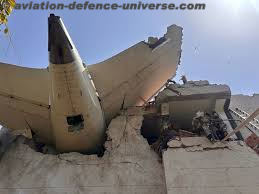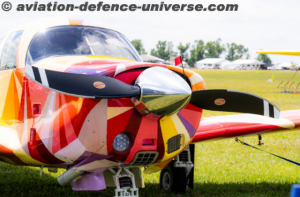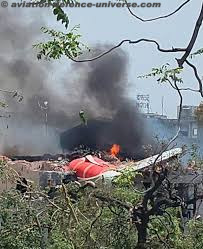Dubai. 04 November 2016. Radio Frequency Identification (RFID) technology, can accurately track passengers’ baggage in real time across key points in the journey and also promises to enable the air transport industry to save more than US$3 billion over the next seven years.
IT provider SITA and the International Air Transport Association (IATA) revealed that the highly accurate tracking rates of RFID technology could reduce the number of mishandled bags by up to 25% by 2022, at the IATA World Passenger Symposium taking place in Dubai.
Jim Peters, Chief Technology Officer at SITA, said: “The airline industry is at the brink of a revolution in baggage tracking. Deploying RFID globally will increase accuracy and reduce mishandling rates. This is a win-win situation – passengers will be happier, operations will run smoother and airlines will save billions of dollars.”
Initial deployments of RFID by airlines, such as Delta Air Lines, show a 99 percent success rate for tracking bags, helping further reduce the number of mishandled bags.
Andrew Price, Head of Global Baggage Operations at IATA said: “Over the past few years we have seen more work to help airlines introduce and reap the benefits of RFID technology through better oversight of their baggage operations. This has included trials and of course the Delta Air Lines implementation. The advances in the technology and the immense benefits it brings to the airline industry has prompted IATA to revisit and fully explore the benefits of RFID today.”
RFID capabilities can be deployed for as little US$0.1 per passenger on average while generating expected savings of more than US$0.2 per passenger. With some big airlines and airports already introducing RFID technology, combined with the fact that it is compatible with existing barcode technology, adoption of RFID across all airports could provide a positive return for airlines, both in cost savings and passenger satisfaction.
David Hosford, manager of baggage performance strategy at Delta Air Lines said: “We are investing in RFID to further improve our baggage handling rates and improve the customer experience. RFID technology provides us with more data and more precise tracking information throughout the baggage journey.
SITA’s and IATA’s assumptions are based on RFID being deployed in 722 airports (representing 95% of passenger numbers globally) over a six-year period between 2016 and 2021 while the savings are calculated over seven years. The figures for 2016 take into account the RFID infrastructure already deployed or about to be deployed at multiple induction points on the baggage journey.


























































































































